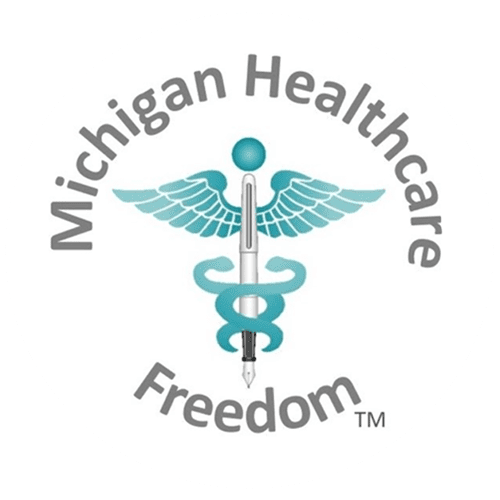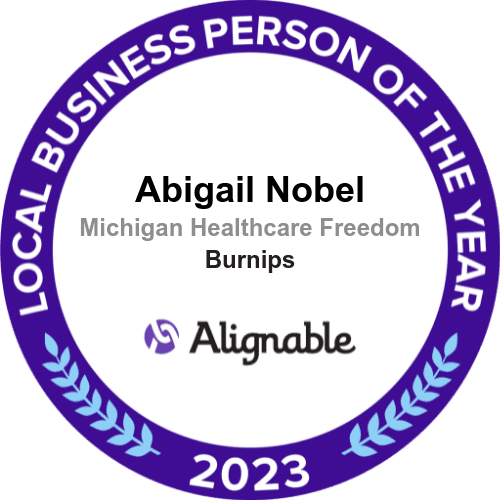
However ardently special interests press for interstate licensing compacts, they have to admit traditional reciprocity makes less complicated law and practice.
This universal version is downright elegant in its simplicity.
MARCH 7, 2024
NEBRASKA PASSES UNIVERSAL JOB LICENSING LAWIn a win for workers and their families, Nebraska Governor Jim Pillen signed legislation on March 5 that eases occupational licensing restrictions so Nebraskans can more easily get a job. The bill, LB16, requires licensing agencies to recognize job licenses from other states, which means someone who moves to Nebraska with a good standing occupational license no longer has to jump through unnecessary state-specific hoops just to work in the Cornhusker State.
Modeled by the Goldwater Institute in Arizona, this policy, also called “universal licensing recognition,” streamlines the licensing process so workers can get to work faster. Since Goldwater helped Arizona pass a similar law in 2019, more than 9,000 workers have already been safely licensed through universal recognition.
In addition to recognizing job licenses from other states, the law also makes it easier for people with a conviction record to find work after they have paid their debt to society. Before this law, licensing boards had leeway to prevent those with a record from obtaining a job license in a certain field. With LB16 now in place, exclusion from licensure now has to be directly related to or based on the past conviction.
The Platte Institute: At the Center of Licensing Reform in Nebraska
The Platte Institute, a nonprofit policy organization in Omaha, Nebraska, played a significant role in advancing this law. For years, the Platte Institute has highlighted the problems with Nebraska’s licensing system and the need for reform. Five years ago, Platte helped lawmakers introduce the first version of LB16. Since then, Platte has researched specific job licensing requirements, recruited testifiers, and highlighted stories of real Nebraskans who were hurt by the state’s onerous licensing requirements.One of those Nebraskans was veteran Mike Beyer, who was prevented from receiving a Nebraska license despite working as a construction electrician in the US Navy and completing an 8,000-hour apprenticeship in the military. Stories like these helped Platte demonstrate to lawmakers and the public the negative impact of Nebraska’s licensing policies on ordinary families.
Platte negotiated changes to the bill over the years, encouraged lawmakers to add the second chances provision, and garnered support from a bipartisan set of organizational sponsors, including the Institute for Justice, ACLU Nebraska, and RISE Academy.
Their efforts culminated with Governor Pillen signing LB16 into law on March 5.
New Law Will Help Thousands of Workers in Nebraska
With the passage of LB16, Nebraska became a more attractive place to live and work. People who move to Nebraska can easily transfer their job license to find work in their new home. In addition, those with a criminal record who are trying to turn their lives around can more easily find work. All too often, once people re-enter society after a conviction, they face significant barriers that prevent them from getting their life back on track. One of those barriers is the difficulty in finding work, which is exacerbated by burdensome licensing restrictions like those that existed in Nebraska before LB16. This law will help address those problems.Laura Ebke, a Senior Fellow at the Platte Institute, added: “This outstanding bill opens up new workforce opportunities for people who might want to come to Nebraska, return to Nebraska after military service, or recognize their past mistakes and want to turn their lives around.”
Congrats to the Platte Institute for helping thousands of workers more easily enter the workforce!
https://spn.org/articles/nebraska-eases-workforce-licensing-rules/
About State Policy Network
We believe the reason millions of people have come to America’s shores seeking better lives is not because of anything Washington, DC. has to offer. What makes America a blessing and a dream for so many is not the power of our government but the strength of our communities. Every day, Americans from coast to coast work to build businesses, take care of one another, and pursue fulfilling lives in peace. Unlike so many countries around the world that centralize power in the hands of elites, our system has enabled enormous prosperity and progress by keeping power in the hands of the people.
But more and more, barriers are emerging to the pursuit of a good life in America. Essentials like a safe place to live, reliable and meaningful work, affordable healthcare, quality education, and retirement security are beyond the reach of too many.
It’s not that we’ve forgotten how to govern ourselves, to solve problems together, and to build enterprises that generate good products and steady jobs. The American people are not the problem. The problem is that powerful elites are turning Washington, DC, into an imperial city. They seek to dictate how we educate our children, how we provide healthcare in our communities, how we police our neighborhoods, how we farm our land, how we express our political opinions, and even how we peacefully practice our religions.
We believe the solution to what ails so many American communities is not more power in the hands of Washington elites, but a restoration of the individual rights and local governance that for centuries has made America a beacon of hope for millions around the world.






